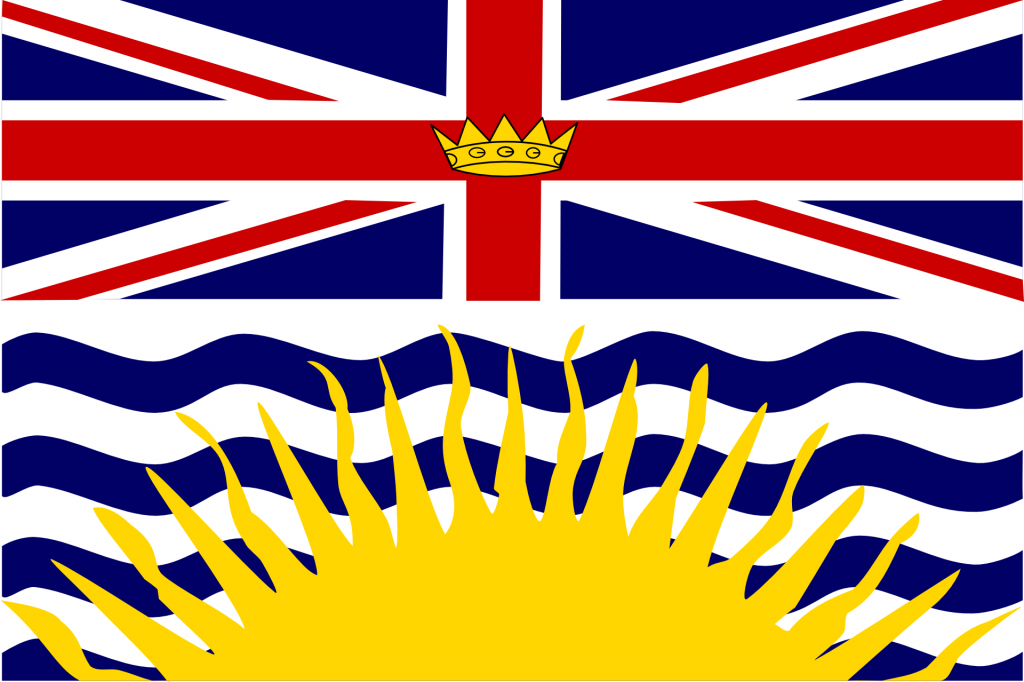
RITA JOHNSTON
Premier of British Columbia, 1991
Social Credit
Rita Johnston made Canadian history in 1991 when she became the first woman to head a provincial or territorial government. She was sworn-in as interim leader of the governing Social Credit and premier of British Columbia when the incumbent resigned in the wake of a political scandal. Johnston won the Social Credit leadership at a convention three months later, but led her party to defeat in the next provincial election. Johnston had a long career in politics, first getting elected to municipal office in 1970 and making the jump to provincial politics in 1983. Prior to becoming premier, Johnston held several cabinet posts including municipal affairs, transportation and highways, and deputy premier. Johnston left politics in early 1992, when she resigned as Social Credit leader.
Sources: The Canadian Encyclopedia; Library and Archives Canada.
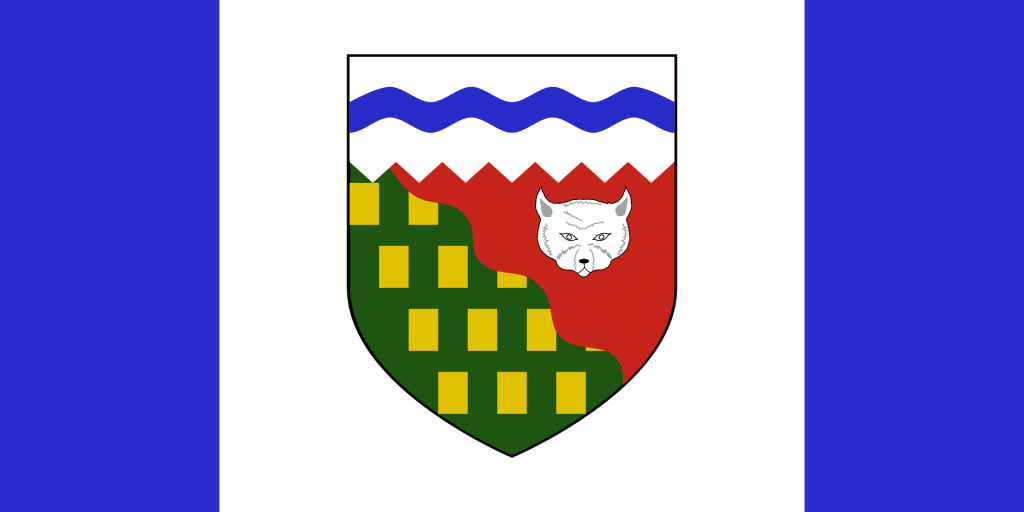
 NELLIE COURNOYEA
NELLIE COURNOYEA
Premier of the Northwest Territories, 1991-1995
Nonpartisan
Nellie Cournoyea was a member of the nonpartisan Northwest Territories legislature from 1979 to 1995. The lands claim worker first entered cabinet in 1984 when her fellow MLAs elected her to be the Minister of Information and Minister of Renewable Resources. She held several other cabinet posts before being elevated to the premiership in 1991. She retired from electoral politics in 1995. Cournoyea has long been a champion of Indigenous rights, land claims, and Northern economic development. Sources: The Canadian Encyclopedia; Library and Archives Canada. Photo: US Embassy Canada (Flickr).
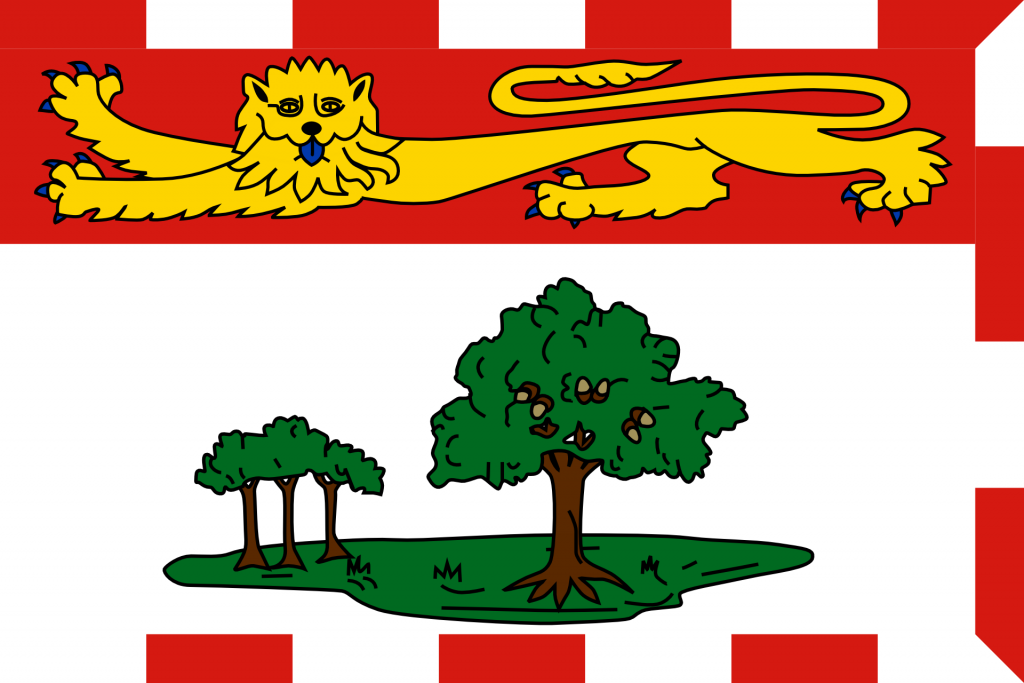
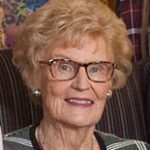 CATHERINE CALLBECK
CATHERINE CALLBECK
Premier of Prince Edward Island, 1993-1996
Liberal
Catherine Callbeck was successful in both provincial and federal politics. She won office for the first time in the 1974 Prince Edward Island election and served in cabinet but opted to return to the private sector after only one term. Callbeck worked in the family business for the next decade before resuming her political career, getting elected to the federal House of Commons in 1988 and holding a number of opposition critic posts. Callbeck looked to the provincial level for a more challenging executive role in 1992, announcing her bid for the PEI Liberal leadership following the resignation of premier Joe Ghiz. Her victory in early 1993 resulted in her appointment as the first woman premier of PEI. Under Callbeck's leadership, the Liberals won the provincial election later that year, but she resigned in 1996 in the face of declining public approval of her government. Callbeck was appointed to the Senate of Canada in 1997. Sources: The Canadian Encyclopedia; Library and Archives Canada. Photo: Government of Prince Edward Island (Flickr).
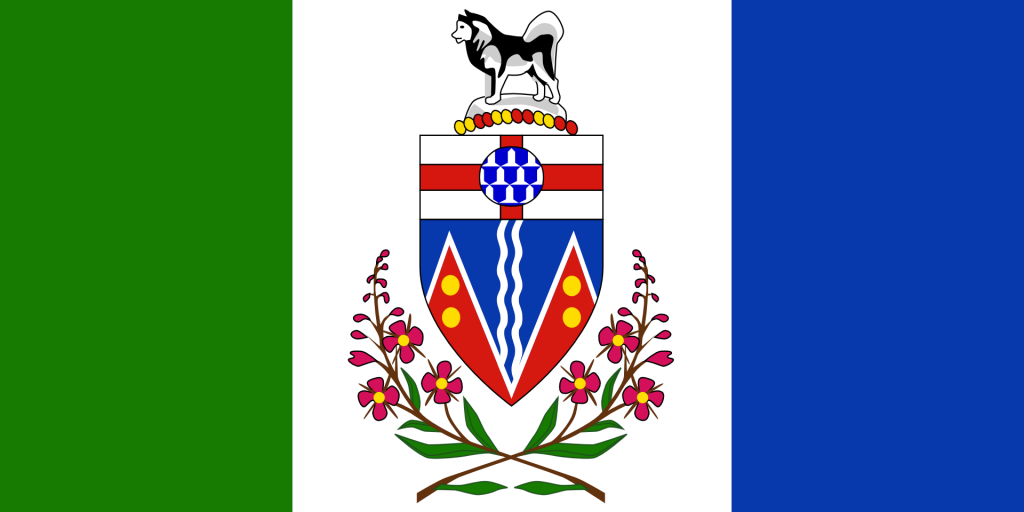
PAT DUNCAN
Premier of Yukon, 2000-2002
Liberal
Pat Duncan’s ascent in territorial politics was quick: she was elected to the Yukon legislative assembly in 1996, became Yukon Liberal leader in 1998, and rose to the premiership in 2000 after leading her party to victory in the general election. Duncan’s tenure as premier was short, however, as the departure of three MLAs from her caucus in late 2002 triggered a territorial election that her party lost. Duncan, a businesswoman, managed to hold on to her own seat and remained party leader until 2005, when she left politics.
Source: The Canadian Encyclopedia.
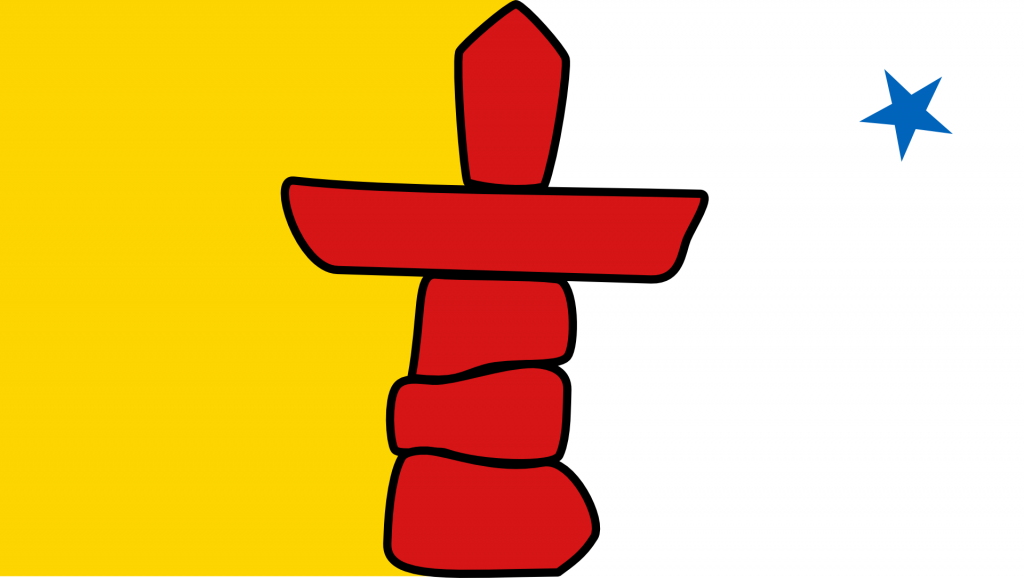
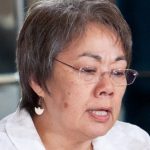 EVA AARIAK
EVA AARIAK
Premier of Nunavut, 2008-2013
Nonpartisan
Eva Aariak was the second-ever premier and first female premier of the new territory of Nunavut. A longtime advocate for Indigenous languages, Aariak was elected to the nonpartisan Nunavut legislative assembly in October 2008, and about two weeks later was selected by her fellow MLAs to be premier. In 2013, she announced before the territorial election that she would not seek reappointment as premier but would seek re-election as a member of the assembly. She departed from electoral politics after losing her seat by a narrow margin.
Source: The Canadian Encyclopedia. Photo: Council of the Federation (Flickr).
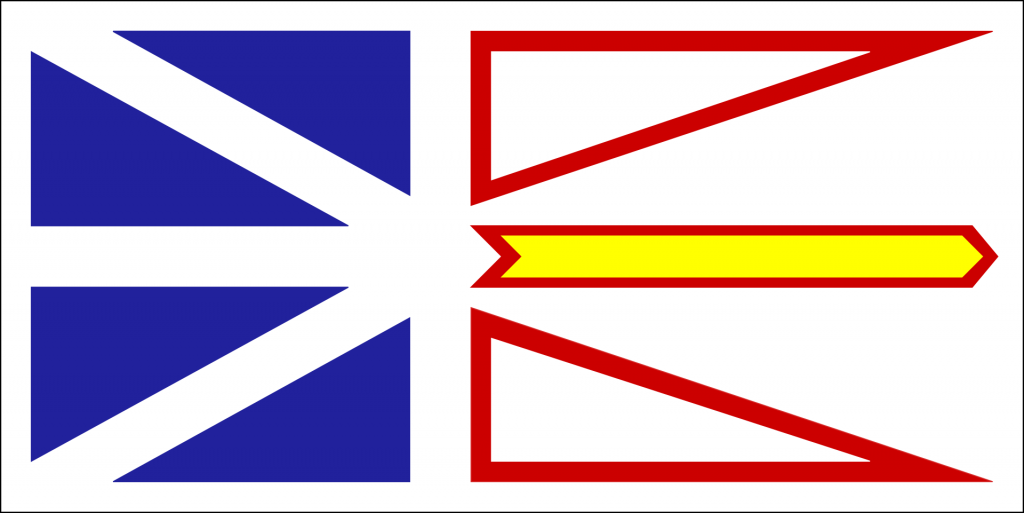
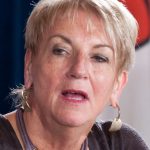 KATHY DUNDERDALE
KATHY DUNDERDALE
Premier of Newfoundland and Labrador, 2010-2014
Progressive Conservative
Kathy Dunderdale’s political career began at the municipal level with a seat on Burin town council. She made the jump to provincial politics in 2003 when she won a seat in the Newfoundland and Labrador House of Assembly. She held several cabinet posts over the following seven years, including deputy premier. When Danny Williams retired in late 2010, Dunderdale was selected as the interim leader of the Progressive Conservatives and appointed the Newfoundland premier. She solidified both positions in 2011 when she won the party leadership and led the Tories to victory in the ensuing provincial election. Disappointing opinion polls, however, are thought to be behind Dunderdale’s unexpected decision to resign as premier in 2013. Source: The Canadian Encyclopedia. Photo: Council of the Federation (Flickr).
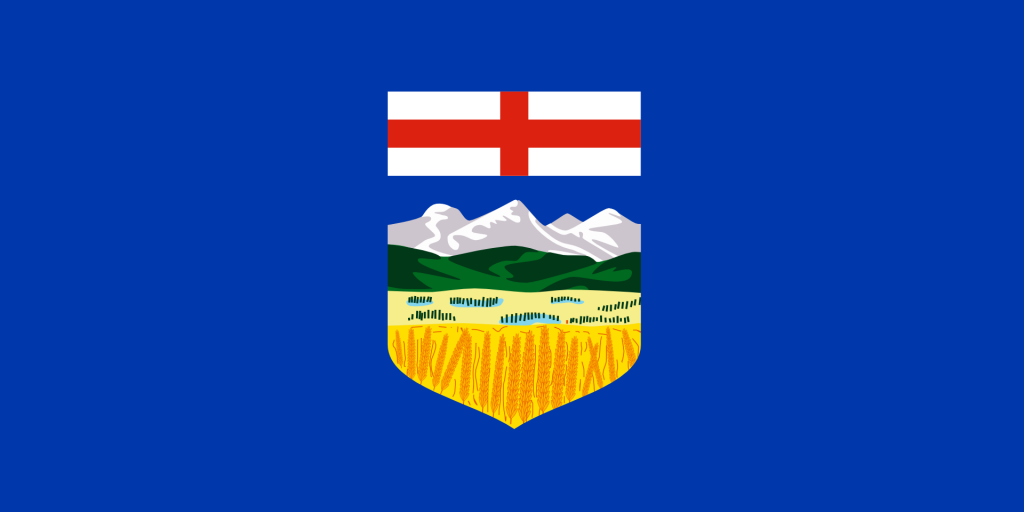
 ALISON REDFORD
ALISON REDFORD
Premier of Alberta, 2011-2014
Progressive Conservative
Alison Redford had a controversial tenure as the first female premier of Alberta. A human rights lawyer by profession, Redford had long been active in provincial, federal, and international affairs when she successfully ran for the Alberta legislative assembly in 2008. She was appointed to the high-profile justice portfolio during her first term, a position she resigned in 2011 to seek the leadership of the governing Progressive Conservatives (also known as Tories). Redford became party leader after succeeding in a tight three-way race. She led the Tories to victory in 2012 despite a strong challenge from the upstart Wildrose Party. An expense scandal and caucus unrest led Redford to resign as premier in 2014.
Source: The Canadian Encyclopedia. Photo: Dave Cournoyer (Flickr).

 CHRISTY CLARK
CHRISTY CLARK
Premier of British Columbia, 2011-2017
Liberal
Christy Clark was the first female premier in Canada to lead her party to victory more than once, winning the 2013 and 2017 provincial elections in British Columbia. Clark spent almost two decades in B.C. politics, first entering the legislature in 1996 as an opposition MLA. Her performance led Gordon Campbell to appoint her to cabinet when the Liberals formed government in 2001, but she left provincial politics in 2005 for personal reasons. After an unsuccessful bid for municipal office and time spent as a radio journalist, Clark ran for the leadership of the provincial Liberals after Campbell’s resignation in 2010. She won the leadership and became premier in 2011 despite not being a member of the legislature, a situation she rectified in a subsequent by-election. While Clark led her party to a decisive victory in 2013, it was one seat shy of a majority in 2017. When her government fell on a confidence motion shortly afterwards, Clark resigned as party leader and member of the assembly. Source: The Canadian Encyclopedia. Photo: Province of British Columbia.
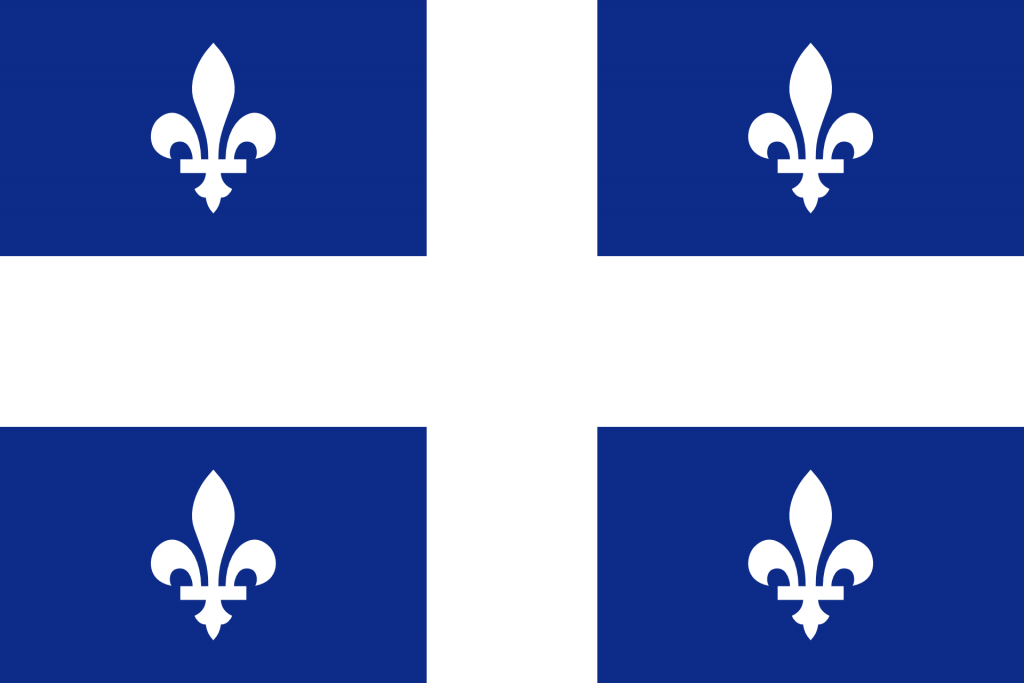
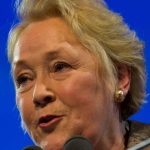 PAULINE MAROIS
PAULINE MAROIS
Premier of Quebec, 2012-2014
Parti Québécois
Pauline Marois spent three decades in Quebec politics and enjoys the distinction of holding the most ministerial posts in provincial history. Marois was first elected to the Quebec national assembly in 1981, but would experience brief spells out of office as the popularity of the Parti Québécois waxed and waned. Marois ran for the PQ leadership three times before finally succeeding in 2007. Under her leadership, the PQ increased its seats in 2008 and formed a minority government in 2012. Marois was premier for just 18 months: her decision to call an early election led to defeat and a Liberal government. She retired from politics soon after.
Source: The Canadian Encyclopedia. Photo: Parti Québécois (Flickr).
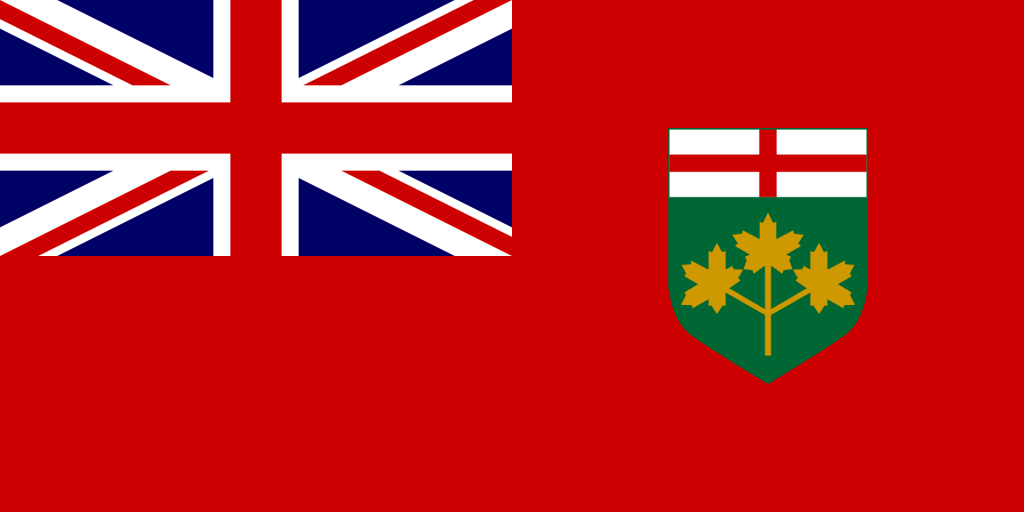
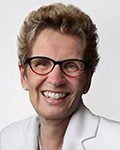 KATHLEEN WYNNE
KATHLEEN WYNNE
Premier of Ontario, 2013-2018
Liberal
Kathleen Wynne is not only the first woman premier of Ontario but also the first openly gay politician to lead a Canadian province. A mediator and educator by profession, Wynne became politically active in the 1990s to combat education cuts and other neoliberal policies instituted by the Harris government in Ontario. She entered the Ontario legislative assembly after the 2003 election, and has won her riding in every election since. Wynne held several cabinet posts before announcing her bid for the Ontario Liberal leadership, winning the vote in early 2013 and becoming premier. Wynne returned the Liberals to power in the 2014 election. She was premier until June 2018, when the Liberals lost the provincial election to the Progressive Conservative Party of Ontario. Although her party lost power, Wynne was re-elected the MPP for Don Valley West.
Source: The Canadian Encyclopedia. Photo: Government of Ontario.

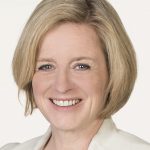 RACHEL NOTLEY
RACHEL NOTLEY
Premier of Alberta, 2015-2019
New Democratic Party
Rachel Notley achieved a rare upset in Alberta politics when she led the New Democratic Party to victory in 2015, turfing the governing Progressive Conservatives after 44 years in power. That the left-wing NDP could form government in the right-leaning province seemed unlikely when Notley was first elected to the Alberta legislature in 2008 and won re-election in 2012. A union lawyer before entering politics, Notley was the decisive winner in the 2014 Alberta NDP leadership race and built on her popularity to wage a competitive campaign in the 2015 provincial election. Growing disaffection with the Tories, combined with her strong performance on the campaign trail, made the NDP a credible alternative. Notley was premier of Alberta until April 2019, when the NDP lost the provincial election to the United Conservative Party. She was re-elected MLA of Edmonton-Strathcona and vowed on election night to remain leader of the Alberta NDP. Source: The Canadian Encyclopedia. Source: Legislative Assembly of Alberta.

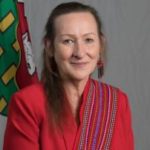 CAROLINE COCHRANE
CAROLINE COCHRANE
Premier of the Northwest Territories, 2019-present
Nonpartisan
Caroline Cochrane is the second woman to be elected Premier of the Northwest Territories, following Nellie Cournoyea who left the position in 1995. Cochrane was elected by Members of the Legislative Assembly after three secret ballots during the October 1st election. Formerly the MLA for Yellowknife's Range Lake District, she will lead a province which has transitioned over the past year from having the lowest representation of women in its legislature (11%) to the highest (47%), and one where women will direct 4/6 ministerial positions. The leader of the province, Cochrane, is Métis and worked as a social worker prior to entering formal politics in 2015. In addition to being a MLA, Cochrane has also served in several cabinet posts including: Housing; Status of Women; Executive and Indigenous Affairs; Education, Culture and Employment; and, Municipal and Community Affairs. Source: CTV News. Source: CBC News